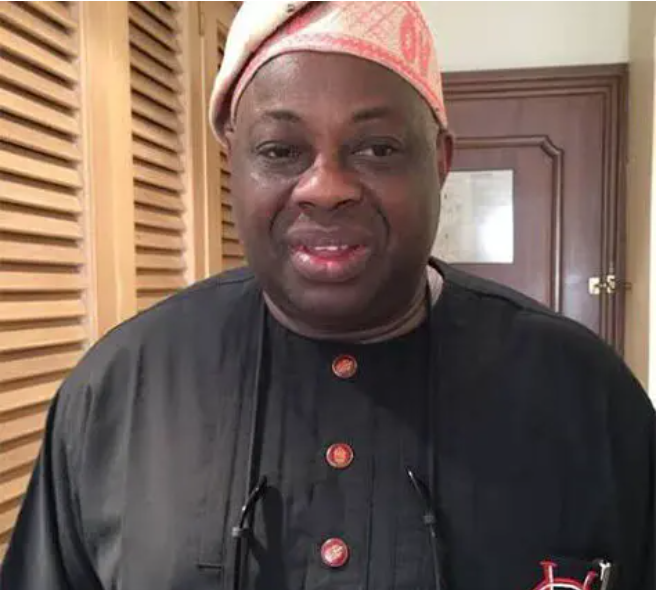According to Independent Nigeria, Dele Momodu, a respected journalist, publisher, and influential figure within the People’s Democratic Party (PDP), recently shared his insights into the internal struggles currently plaguing the party, as well as the broader political landscape in Nigeria. A former presidential aspirant for the PDP, Momodu’s opinions carry considerable weight, especially as they shed light on the ongoing challenges within the opposition party and the strategies employed by the ruling All Progressives Congress (APC) to consolidate its grip on power.
In a detailed interview, Momodu discussed the internal crisis facing the PDP, citing several factors that have contributed to the party’s fragmentation. He noted that there are significant issues with the party’s competence, direction, and unity. The leadership of the PDP, he argued, seems to be deeply divided, with infighting and internal discord preventing the party from formulating and implementing a cohesive political strategy. According to Momodu, the lack of a unified vision has allowed rival factions within the party to thrive, intensifying conflicts and impeding efforts at reconciliation. This internal disarray has made it difficult for the PDP to present a united front in the competitive Nigerian political arena.
Momodu also discussed the unsuccessful attempts at internal reconciliation within the party. While there have been efforts to bridge ideological divides and heal leadership rifts, these attempts have largely failed due to a lack of genuine commitment from key party members. The reconciliation process has been hampered by political maneuvering and conflicting interests, leaving many party members frustrated and disillusioned. According to Momodu, these superficial attempts at unity have failed to address the underlying issues of power imbalance and mismanagement, further exacerbating the party’s internal challenges.
Turning his attention to the APC, Momodu criticized the ruling party for its efforts to reshape Nigeria’s political landscape. He argued that the APC is aggressively working to consolidate power, seeking to create a political environment where alternative voices and political pluralism are diminished. This strategy, he observed, is aimed at transforming Nigeria into a de facto one-party state, which could severely limit democratic processes and the diversity of political representation. Momodu expressed concerns about the erosion of democratic norms, warning that the APC’s growing dominance could undermine the essential checks and balances necessary for a healthy political system.
Momodu also weighed in on the role of political leadership in shaping Nigeria’s future, with particular focus on the current president, Bola Tinubu. He emphasized that political leaders must recognize that their achievements are not solely the result of their personal or party efforts but are ultimately the product of a higher power’s will. Momodu urged President Tinubu to maintain humility and trust in divine providence, suggesting that his success as president should be viewed as part of a larger divine plan. According to Momodu, this perspective underscores the importance of spiritual guidance in leadership, especially in a nation as politically turbulent as Nigeria.
In his comments, Momodu stated: “He (Tinubu) should just leave everything to God, he has achieved what Abiola couldn’t achieve, what Shehu Musa Yar’Adua and what Olu Falae couldn’t achieve. It’s only God that gives power, so don’t give up on that God that made you the president. Let others breathe, don’t worry if God said you would do eight years, you would do eight years.”
This statement reflects a broader belief that political leadership is not solely a result of human effort but is also influenced by higher spiritual forces. Momodu’s message to President Tinubu, therefore, highlights the importance of humility, patience, and faith, urging the president to remain mindful of divine providence throughout his leadership journey.
Overall, Momodu’s comments underscore the complex and often volatile political dynamics currently shaping Nigerian governance. His reflections on the internal struggles within the PDP, the APC’s consolidation of power, and the role of divine guidance in leadership provide valuable insights into the challenges faced by Nigeria’s political leaders in a highly competitive and polarized political environment.


